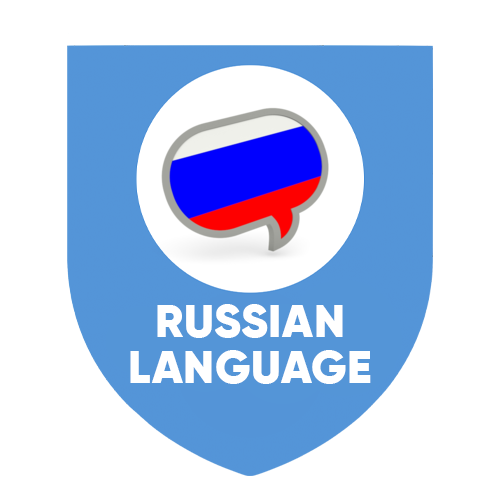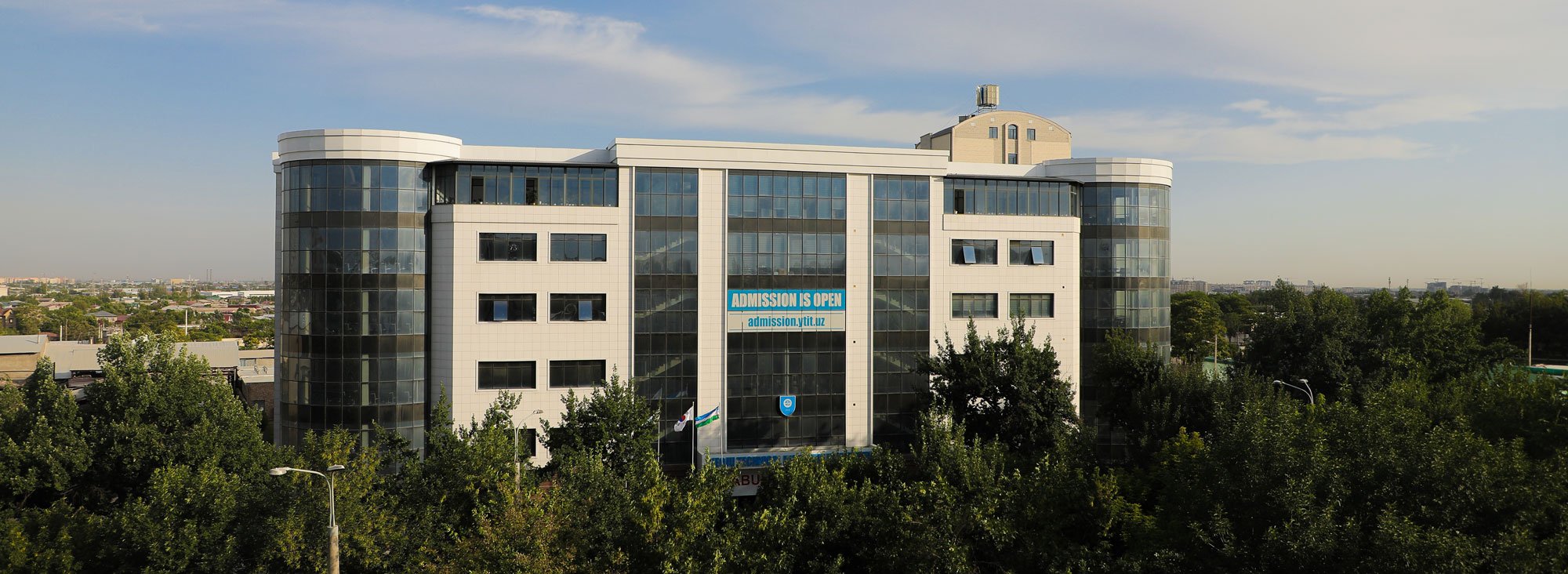
Russian language
The cipher is 60111700. Direction- Russian language in foreign language groups (Russian in foreign language groups)
Russian Russian in Foreign language Groups is aimed at training specialists who seek to carry out pedagogical activities in the context of teaching Russian as a second language.
The program is aimed at developing comprehensive knowledge of the Russian language and methods of teaching it in a multicultural environment. Russian Russian language the main educational goals include teaching students the skills of effective communication in Russian, developing the skills to clearly and reasonably express their own thoughts and beliefs, as well as acquiring methodological competencies to stimulate interest and motivation in learning Russian among foreign-speaking students.
The purpose of the training program
The purpose of the curriculum is to provide students with extensive theoretical knowledge and practical skills in the field of philological and linguistic disciplines. The program is aimed at training highly qualified specialists capable of effective pedagogical and research activities in the field of studying and teaching Russian as a foreign language.
The purpose of the training:
After mastering the 4-year curriculum, graduates will receive a bachelor's degree. Graduates will be able to continue their studies in the master's degree in the direction of M.Sc . Linguistics (Russian language)”
According to this program, students of the direction "Russian in foreign language groups" study:Modern russian language. Fhonetics.
- Introduction to linguistics.
- Introduction to literary criticism.
- History of russian literature.
- History of foreign literature 1.
- English language.
- History of Uzbekistan.
- Comparative-typological linguistics.
- Russian language workshop.
- General pedagogy.
- Modern russian language. Morphology.
- Academic letter.
- Introdaction to communication theory.
- Methods of teaching russian language.
- Text linguistics.
- Children's literature.
- Theory and practice of translation.
- Modern russian language. Stylistics.
- Methods of scientific research.
- Literary workshop.
- Practically oriented methodology of the russian language in school.
Result and employment:
Russians’ Russian language teachers after completing a 4-year study program, graduates of the bachelor's degree receive a diploma of a teacher of the Russian language and can work in the following fields:
- in the field of education as a teacher of the Russian language (educational institutions, language centers and companies);
- in the system of additional school and university education;
- in the field of intercultural communication;
- in large government and commercial structures with a large document flow;
- in the editorial board of the publishing house (editorial, expert, analytical activities);
- in the mass media (press Secretary);
- in the field of business (guide, translator).
